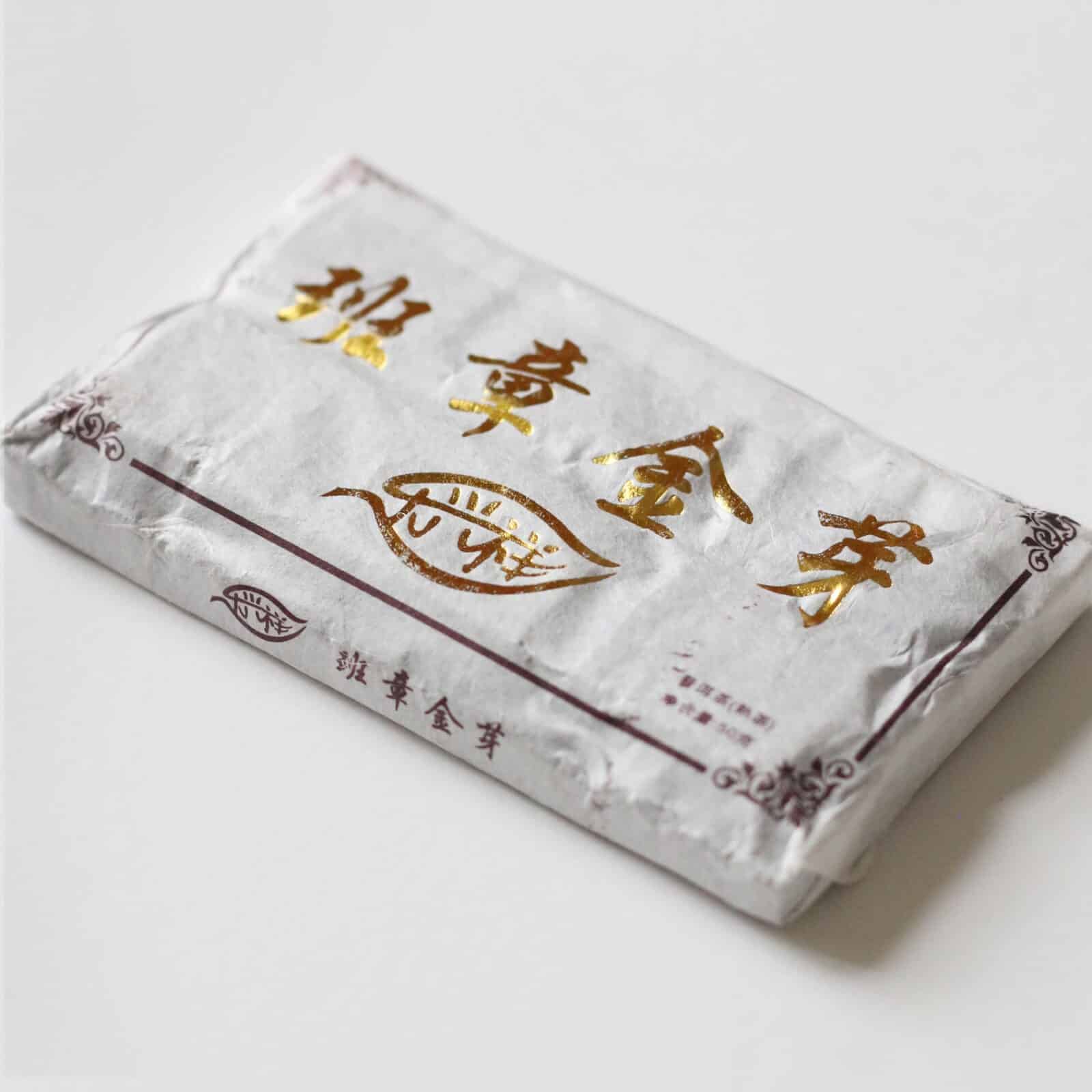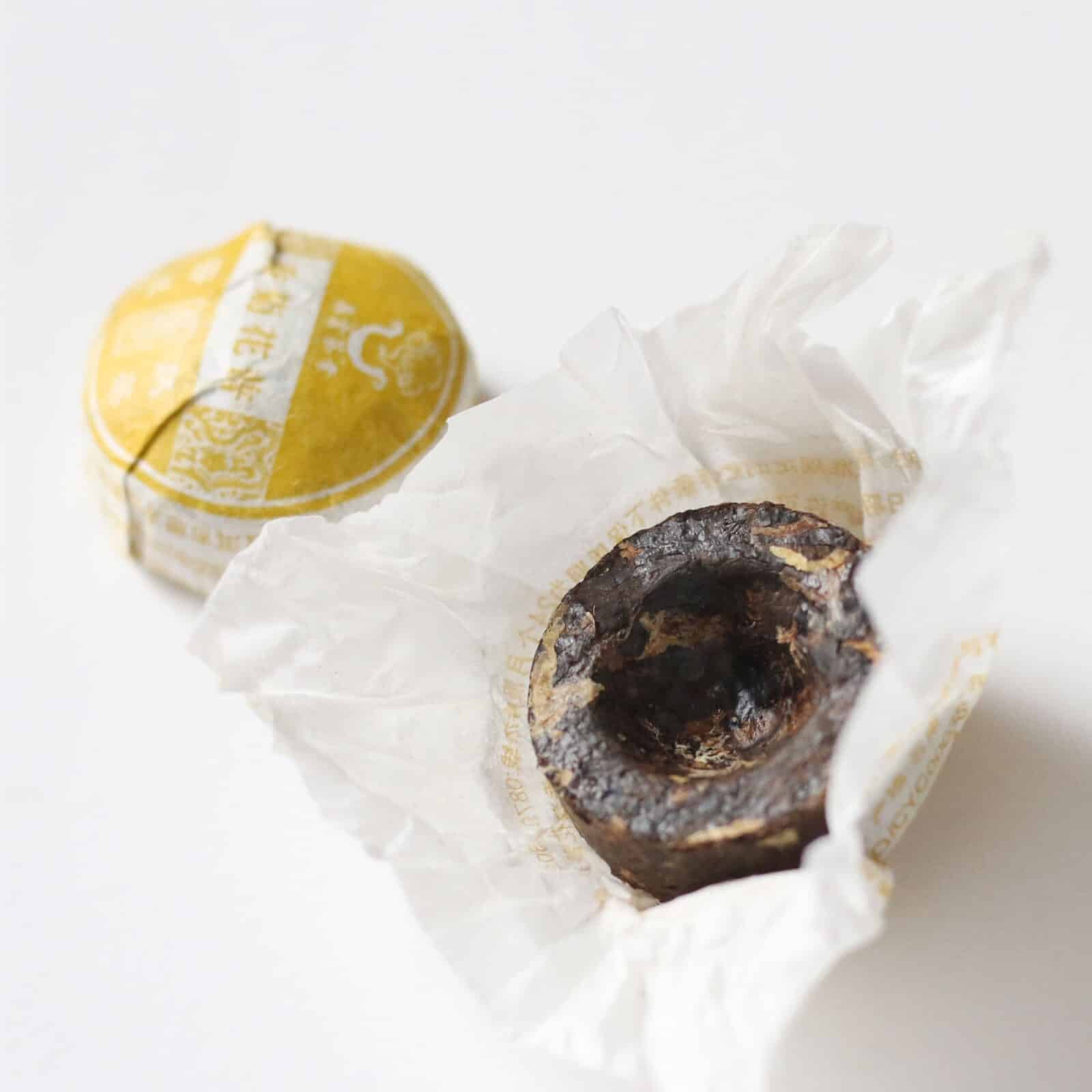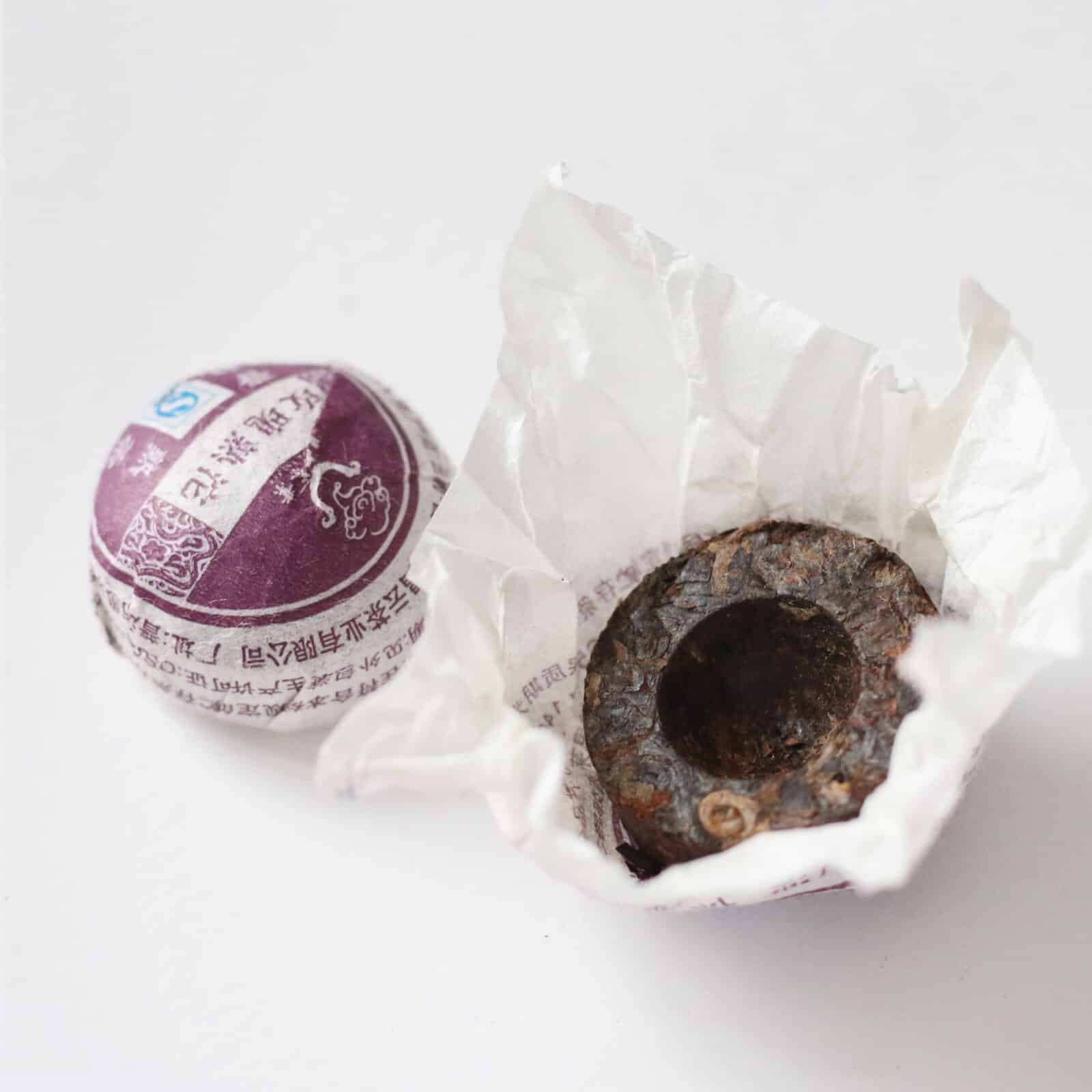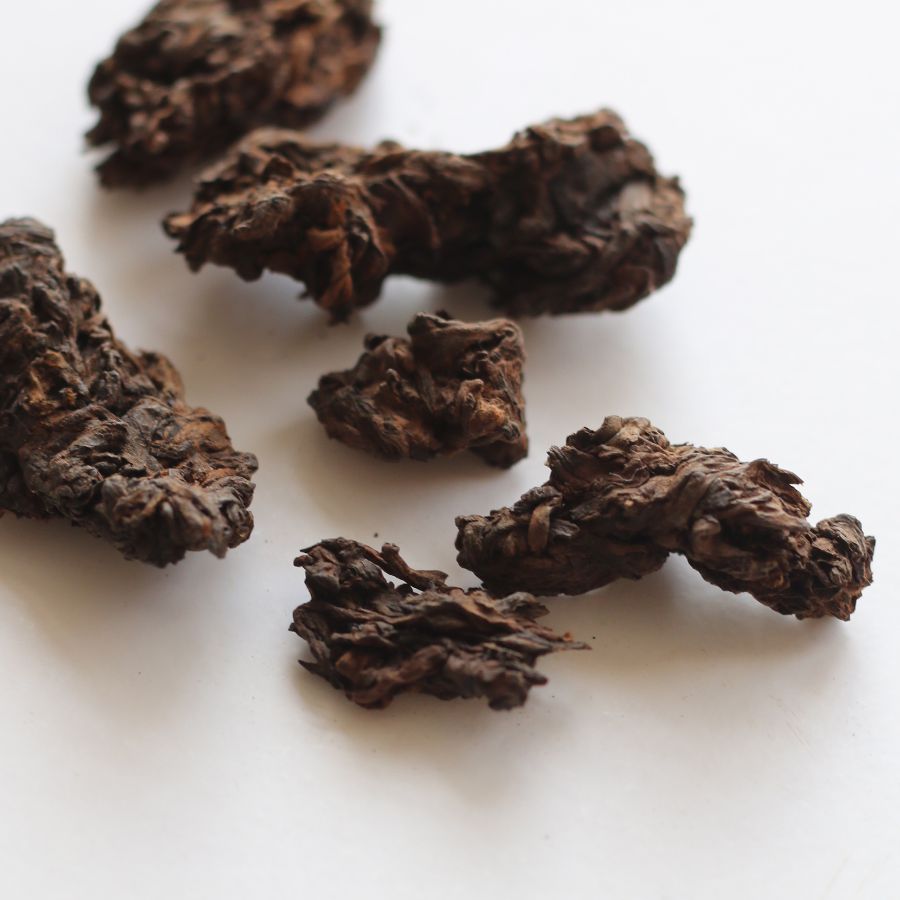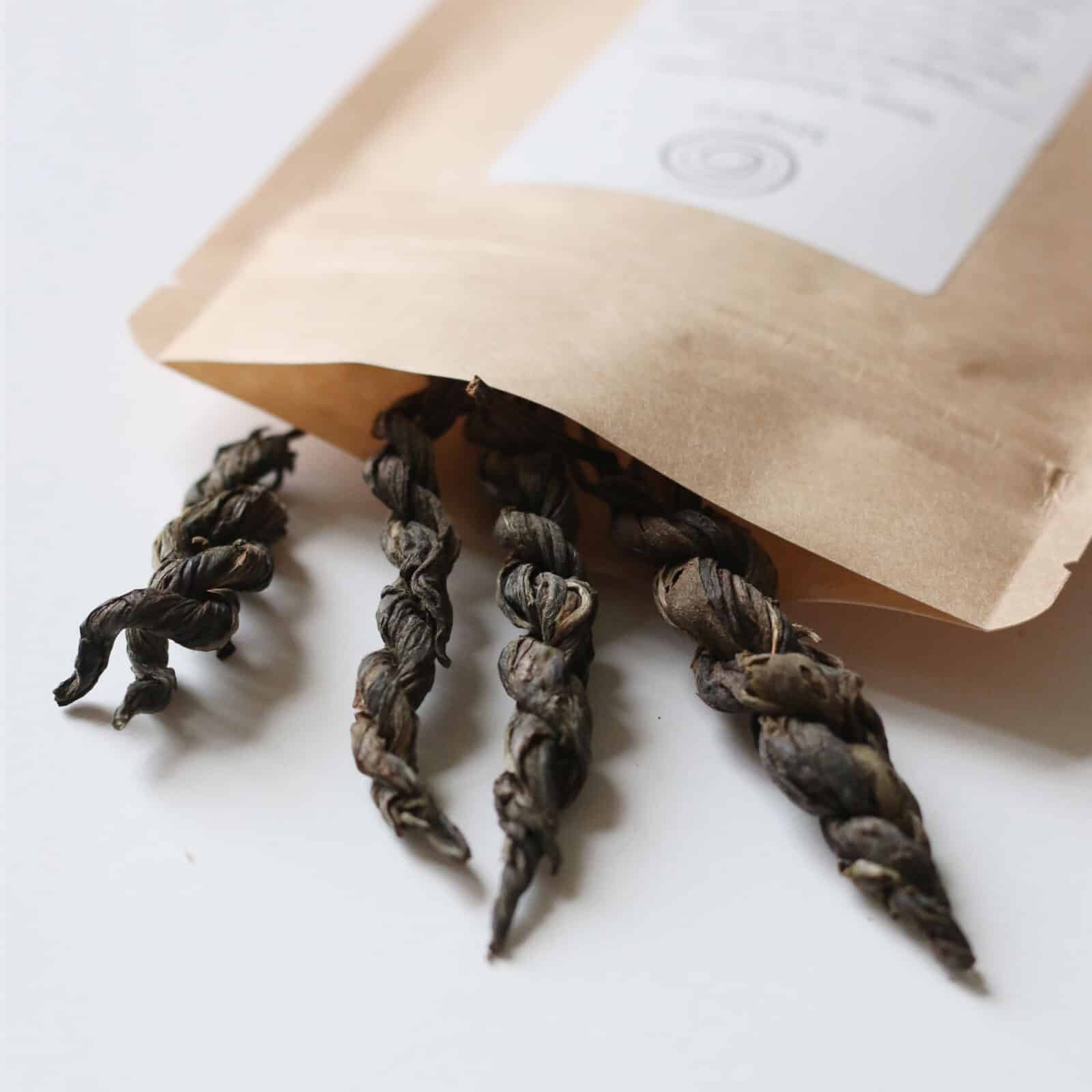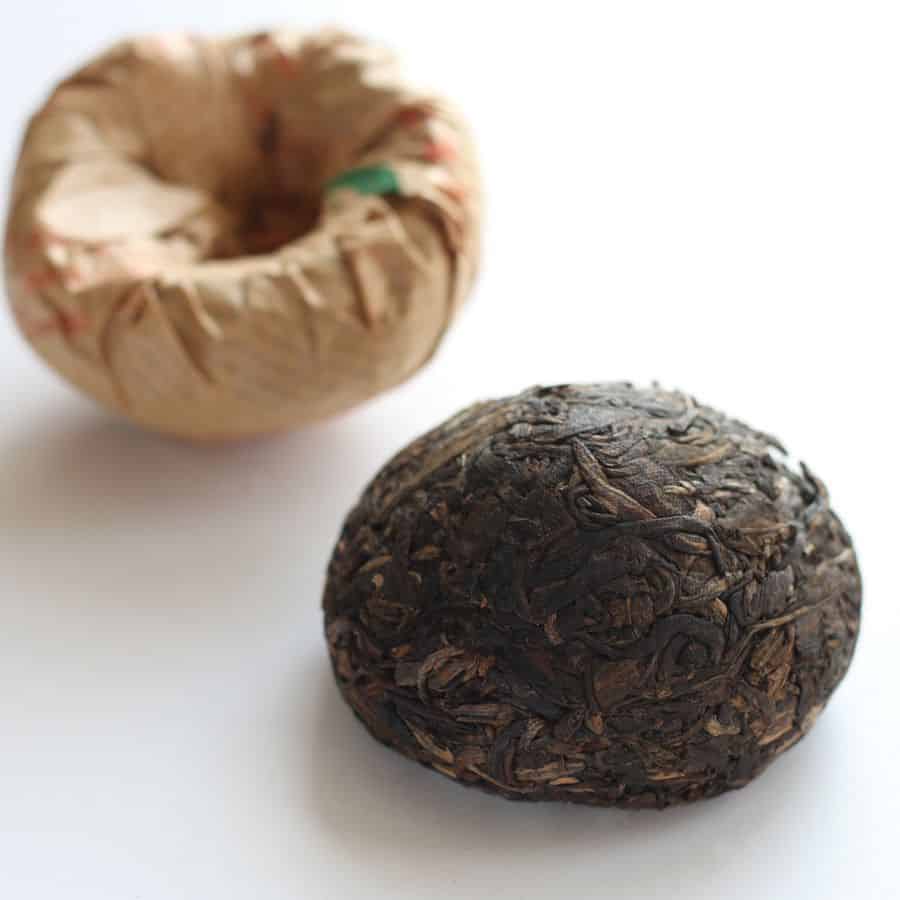cha pu erh tea
Cha pu erh tea is a rare gem from Yunnan, China. earthy, smooth, and deeply rooted in tradition. With each sip, you’ll discover flavors that have been carefully crafted through time-honored fermentation and aging. Explore our collection and experience tea that goes beyond the ordinary.
Pu erh tea hails from Yunnan, China, a region famous for its ancient tea trees and rich tea heritage. Cha Pu erh is crafted through a unique fermentation and aging process, creating a tea with smooth, earthy flavours, mellow sweetness, and a depth that Preparing Pu’erh tea is a calming ritual that brings out its rich character and depth.
With just a few simple steps, you can unlock multiple flavourful infusions and enjoy a mindful tea experience in every cup.develops over time. Each cup offers a distinctive character that continues to evolve as it matures.
Traditionally enjoyed for its grounding flavour and calming properties, Pu-erh is also prized for aiding digestion and bringing balance after a meal. Each variety offers a different journey, from young “sheng” Pu’erh with brighter, more vibrant notes, to aged “shu” Pu’erh with deeper, woodier tones.
Our Puer tea collection is an invitation to experience this living tradition. Whether you’re new to Puer tea or already a connoisseur, there’s a story in every cup waiting to be discovered.
read more here
ripe pu erh teas
Discover the rich flavours of our high-quality Ripe Pue-erh tea, perfectly mellow, robust, and ready to enjoy.
2013 Golden Buds Ripe Pu-erh Brick
2012 Chrysanthemum Mini Tuo Cha Ripe Pu-erh
2012 Sticky Rice Mini Tuo Cha Ripe Pu-erh
2012 Rose Mini Tuo Cha Ripe Pu-erh
raw pu erh teas
Looking for something lighter and more grounding? Experience the mineral, woody, and earthy notes of our Raw Pu-erh tea.
cha pu erh tea gift set
The perfect gift set for tea lovers, experience the richness of Pu’erh
“Cake Day” Pu-Erh Tea Discovery Gift Box
The perfect way to explore and savour the unique flavours of both Raw and Ripe Pu’erh teas from the ancient tea mountains of Yunnan, China.
This curated selection features handpicked, high-quality teas, from mellow, fragrant Raw Puer tea braids to rich, earthy Ripe Pu-erh Bricks, each showcasing the remarkable diversity and depth of traditional Cha Pu erh tea.
From the smooth, mineral notes of the Snow Kissed Raw Puer tea Braids to the chocolatey, earthy richness of the Golden Buds Ripe Pu-erh Brick, every cup is a luxurious tasting journey. The set also includes Mini Tuochas infused with chrysanthemum, rose, and Yunnan herbs, as well as the rare Golden Nuggets Supreme Pu-erh, prized for its golden tips and long, repeatable steeps.
Complete with a 3-piece infuser glass for watching your tea unfurl and a classic sandalwood Puerh knife for opening your cakes safely, this gift set is designed for both enthusiasts and curious newcomers.
Ideal as a gift or a personal indulgence, it’s a sophisticated way to discover the timeless character of Pu’erh tea.
what is pu erh tea?
Pu erh tea is a unique type of post-fermented tea from Yunnan, China, known for its earthy, smooth character. Unlike regular teas, it undergoes a special aging and fermentation process that develops depth, complexity, and a naturally mellow finish over time.
Cha Pu erh belongs to the dark tea category, distinct from green, black, or oolong teas, and comes in two main types: Sheng (raw) Puer, which is fresher and lighter, and Shou (ripe) Puer, which is richer and more earthy. Treasured for centuries, Cha Pu erh tea is enjoyed not only for its distinctive flavour but also as a soothing, digestively friendly tea, perfect for mindful moments, a calming ritual after a meal, or a restorative pause in your day.
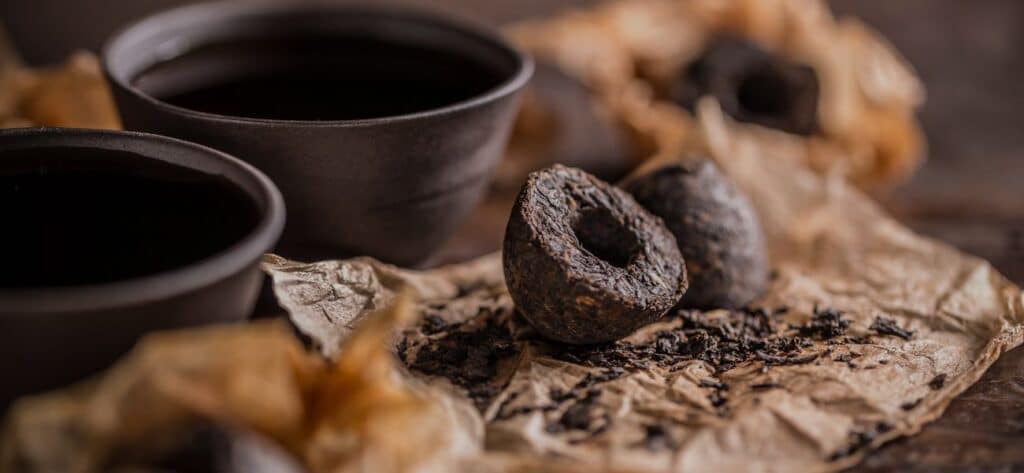
shou vs. sheng pu erh teas
Pu-erh tea comes in two distinct styles, each offering a unique experience for tea lovers:

Shou (Ripe) Pu’erh:
Ripe Pu erh tea undergoes a controlled fermentation process, giving it its dark, earthy character and making it drinkable immediately, though it can still mellow and deepen with age. It offers flavours of chocolate, wood, or dried fruit, with a full-bodied, robust profile. This makes it perfect for traditional steeping as well as bolder preparations like milk teas, lattes, or spiced blends.
Sheng (Raw) Pu’erh:
Raw Pu-erh tea ages naturally over time, evolving into a smoother and more complex tea. Its flavour is mineral, woody, and earthy, with a grounding character that deepens as it matures. The body is lighter and more delicate, making it ideal for traditional steeping, iced tea, or blending into light tea mixes.
what does pu erh tea taste like?
Pu-erh tea offers a unique tasting experience unlike any other tea. Its flavour is earthy and smooth, with layers that can range from mellow, woody notes to rich hints of chocolate, dried fruit, or subtle sweetness.
Sheng (Raw) Pu-erh often has a lighter yet grounding character, with mineral, woody, and earthy notes that become smoother and more complex as it ages.
Shou (ripe) Pu-erh delivers a full-bodied, robust flavour, deeply earthy and mellow from the start, which pairs beautifully with milk or spices for a comforting brew.
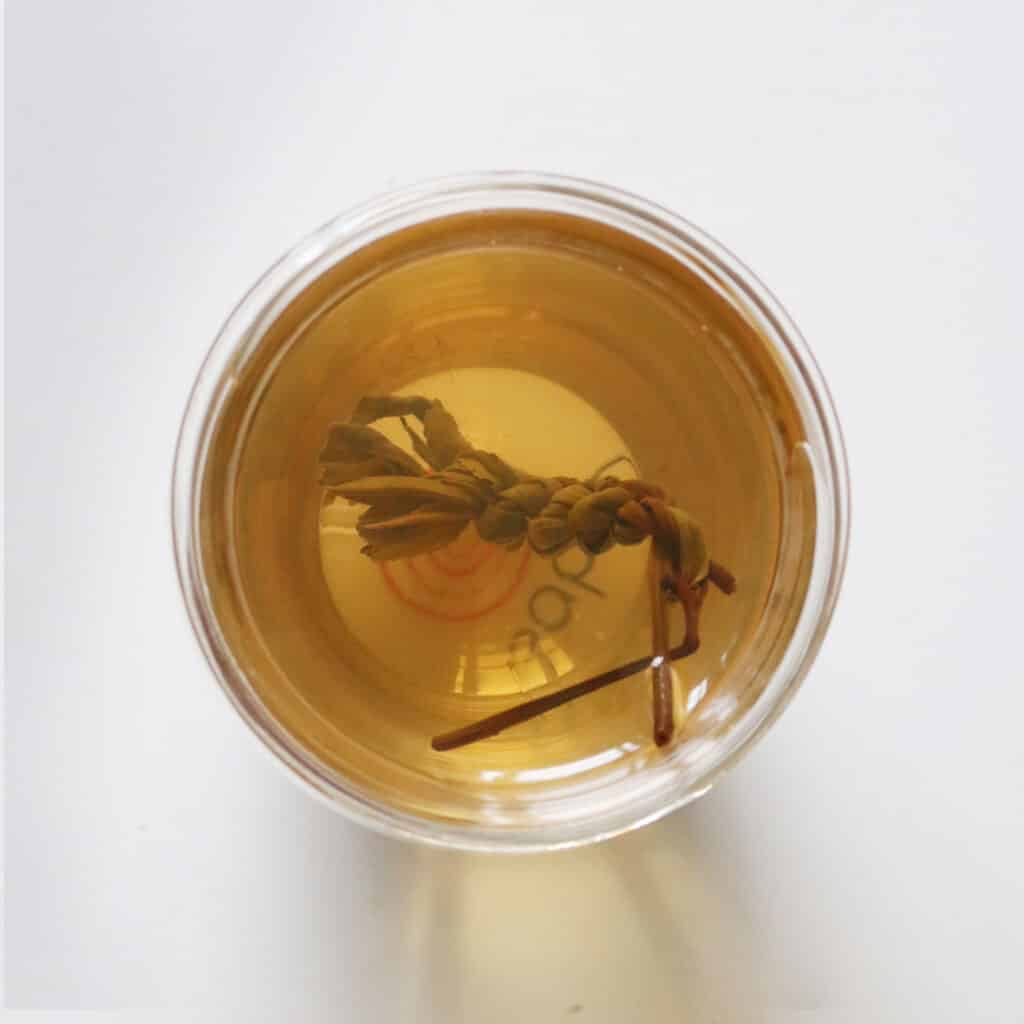
how to prepare pu erh tea
Preparing Cha Pu erh tea is a calming ritual that brings out its rich character and depth. With just a few simple steps, you can unlock multiple flavourful infusions and enjoy a mindful tea experience in every cup.
Use a mini tuocha
Simply place one mini tuocha into your infuser or teapot per 350ml cup, no need to break it apart.
Rinse the leaves
Pour 95–100°C water over the tuocha, swirl for 5–10 seconds, then discard. This rinse helps the leaves loosen, wakes up the tea, and removes any dust.
Brew
Add fresh 85–100°C water and steep for 2–3 minutes. The tuocha will gradually open as it steeps. (use cooler temperature for raw as its more delicate)
Taste & adjust
Prefer stronger? Steep a little longer or use a smaller cup. Too bold? Shorten the next infusion or use cooler water.
Re-steep
A good ripe Pu’erh tuocha can be re-steeped 3–6+ times, with slightly longer steeps each round.
Note: If you’re brewing from a Pu-erh brick, it’s best to use a Pu erh knife to carefully pry off a portion before brewing. Bricks are pressed into large, dense shapes, so breaking them down ensures the right amount of tea and even infusion.
pu erh tea FAQs
Pu-erh tea is known for supporting digestion, improving gut health, and gently boosting energy. It contains probiotics and antioxidants formed during fermentation, which may help with metabolism, cholesterol regulation, and overall wellness when consumed regularly.
Pu-erh tea has a smooth, earthy flavor with notes of damp wood, cocoa, forest floor, or dried fruit. It’s low in bitterness and astringency, offering a rich, grounding experience that deepens over multiple infusions.
To brew Pu-erh tea the Western way, use about 4–5g of tea for every 300–500ml of water. First, give the leaves a quick rinse with hot water to awaken them. Then steep in near-boiling water (around 95–100°C) for 2–4 minutes. This method produces a fuller brew in one go, though you can re-steep the leaves once or twice depending on taste.
For the traditional gongfu-style method, use around 4–5g of tea for 100–150ml of water. Rinse the leaves briefly with hot water, then steep for 10–30 seconds in near-boiling water (95–100°C). Repeat for multiple infusions, gradually increasing steeping time with each round. This method brings out the evolving flavours of Pu-erh tea over many short brews.
Rinsing removes dust from storage and helps open up the leaves for a fuller, cleaner flavor. It also softens the tea’s initial edge and prepares the palate for a smoother first infusion.
Pu-erh tea contains a moderate amount of caffeine, typically ranging between 30–70mg per 240ml cup, depending on factors like age, type, and brewing method. This places it somewhere between green tea (around 20–45mg) and black tea (40–90mg) in caffeine content. In comparison, a standard cup of brewed coffee contains about 95–120mg. Pu-erh provides a gentler, more sustained energy lift without the sharp spikes or crashes often associated with coffee, making it a smoother option for focus and digestion.
Yes, Pu-erh tea can be safely enjoyed daily. Many people find it beneficial for digestion and mental clarity. As with any tea, moderation is key, and it’s best enjoyed after meals rather than on an empty stomach.
Pu-erh tea has traditionally been used to support digestion, especially after heavy meals. Its fermentation process may aid in fat metabolism and gut health, which can support weight management over time when combined with a healthy lifestyle.
Unlike most teas, Pu-erh undergoes microbial fermentation and aging. This process gives it a complex, earthy profile and unique health benefits. It’s one of the only teas that improves with time, offering a layered, evolving flavor experience.
The key difference lies in how they’re processed and how they age. Raw Pu-erh (also known as Sheng) is naturally aged over time, gradually developing deeper, more complex flavours. It starts out fresh, green, and slightly astringent, and mellows with age into something rich and smooth. Ripe Pu-erh (or Shou) undergoes an accelerated fermentation process, which gives it a dark, earthy profile from the start. Ripe Pu-erh tends to be smoother and more mellow early on, while raw Pu-erh offers a more dynamic flavour journey as it matures. Both are fermented teas, but their textures, aromas, and ageing processes are quite distinct.

